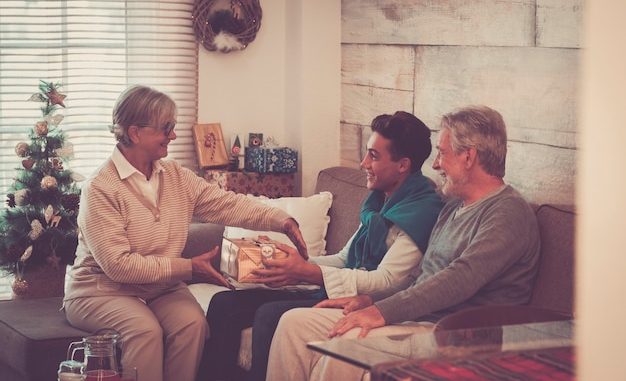
Planning Ahead: The Reality of End-of-Life Decisions
Whilst 90% of people believe discussing end-of-life wishes with their loved ones carries significant importance, merely 27% have taken concrete steps to document their preferences. This stark difference between belief and action highlights a critical gap in how we approach these essential conversations about our final days.
Speaking about death might feel uncomfortable, yet the benefits of having these discussions far outweigh any temporary unease. When families understand their loved ones’ wishes, they experience less stress and anxiety during difficult times. These conversations create clarity and reduce potential conflicts among family members when crucial decisions need to be made.
Five Wishes: A Comprehensive Approach
The Five Wishes programme stands as a nationally recognised initiative that helps people express their care preferences before they become unable to speak for themselves. This document addresses both personal and spiritual matters alongside medical and legal considerations.
The programme encompasses crucial aspects such as who makes healthcare decisions when someone cannot, what medical treatments they would or wouldn’t want, and how comfortable they wish to be. It also covers how people want to be treated and what they want their loved ones to know.
McLean & Me: Your Guide to Better Planning
On 15th September at the Grand Plaza Hotel, the McLean & Me Educational Series presents an evening dedicated to end-of-life planning. Dr Sarah Thompson, Director of Palliative Care at Central Hospital, leads the discussion alongside estate planning solicitor Michael Roberts.
The event runs from 6:30 PM to 8:30 PM, featuring a complimentary dinner. Spaces remain limited to 50 participants, with registration closing on 10th September. Attendees receive comprehensive materials about various care options and legal considerations.
Understanding Care Pathways
Hospice care provides specialised support focusing on comfort rather than cure when life-limiting illnesses progress. This differs from palliative care, which can be provided alongside curative treatments. Advanced directives ensure these preferences are documented and respected.
Each care pathway offers unique benefits, and understanding these differences helps families make informed decisions. Healthcare teams work collaboratively to ensure wishes are honoured while providing the most appropriate care level.
Starting Meaningful Family Discussions
Creating an open environment for these conversations proves essential. Choose quiet moments when everyone feels relaxed. Listen without judgment, acknowledge emotions, and remember that these discussions might require multiple sessions.
Family members might react differently – some might need time to process, others might have immediate questions. Maintaining patience and understanding throughout these conversations helps build trust and acceptance.
Legal Framework and Protection
Power of attorney documentation grants trusted individuals authority to make financial or healthcare decisions. Living wills specify medical treatment preferences when someone becomes incapacitated. These legal tools work together to protect both the individual and their family.
Estate planning encompasses more than just asset distribution – it includes healthcare directives and ensures wishes are legally binding. Regular reviews keep these documents current with changing circumstances and preferences.
Professional Healthcare Support
Medical directors provide valuable guidance about treatment options and potential outcomes. Hospice teams offer comprehensive support, including emotional and spiritual care. These professionals help coordinate care plans that align with documented preferences.
Their expertise proves invaluable when families navigate complex medical decisions. They provide clear explanations and help interpret medical information into understandable terms.
Available Community Resources
Local organisations offer various support services, from counselling to practical assistance. Support groups connect families facing similar situations, creating valuable networks for sharing experiences and advice. Many online platforms provide educational materials and planning tools.
These resources help families feel less isolated during challenging times. They offer practical guidance while connecting people with others who understand their experiences.
Moving Forward with Confidence
After attending educational forums, participants should review and document their preferences. Regular updates ensure these documents reflect current wishes. Sharing decisions with healthcare providers creates a coordinated approach to future care.
This proactive planning creates lasting benefits for everyone involved. It reduces uncertainty and provides clear direction when needed most. Most importantly, it gives peace of mind knowing that wishes will be respected and understood.
End-of-life planning represents an act of care for both ourselves and our loved ones. Through careful consideration and open discussion, we create a framework that honours our wishes while supporting those who matter most to us.



